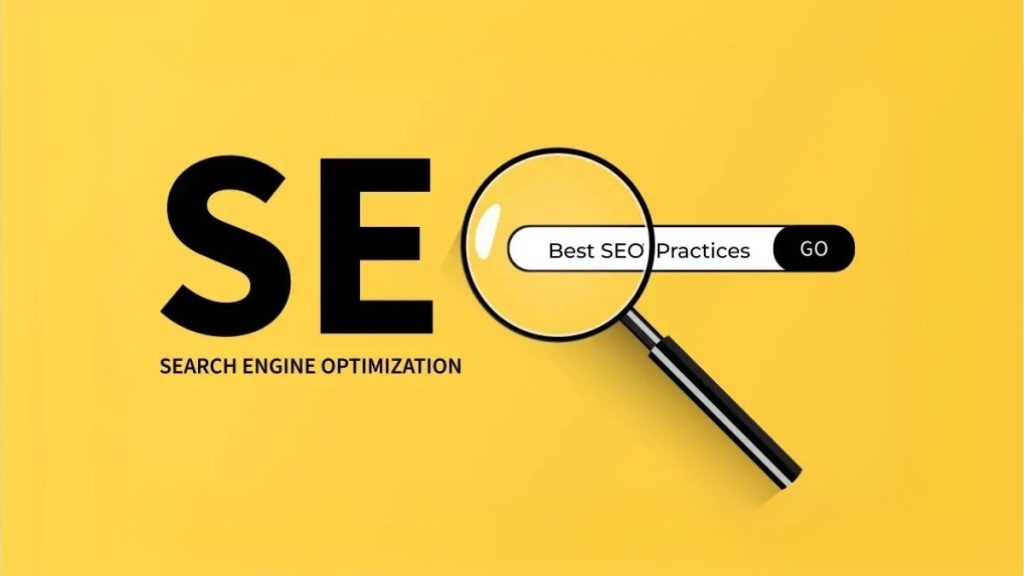In today’s digital era, online visibility is the cornerstone of a successful business. Whether you’re a startup or a seasoned enterprise, implementing robust Search Engine Optimization (SEO) strategies can make a significant difference in your ability to attract and retain customers. Let’s dive into actionable SEO strategies that can help your business stand out in the crowded online marketplace.
1. Optimize Your Website for Mobile Users
With the rise of mobile internet usage, ensuring that your website is mobile-friendly is crucial. Search engines like Google prioritize mobile-first indexing, meaning they predominantly use the mobile version of your site for ranking purposes. A responsive design, fast loading speeds, and easy navigation are essential for improving user experience on mobile devices.
“A mobile-optimized site isn’t just a convenience; it’s a necessity for staying competitive in today’s market,” says He Xi, owner of BoostVision TV. “You’ll not only rank higher but also engage users more effectively.”
2. Conduct Thorough Keyword Research
Keyword research remains a foundational aspect of SEO. Identifying the right keywords can help you target your audience more effectively. Utilize tools like Google Keyword Planner, Ahrefs, or SEMrush to find high-traffic, low-competition keywords relevant to your industry. Incorporate these strategically into your content, meta descriptions, and titles.
Focus on long-tail keywords as well. These are longer and more specific phrases that often have lower competition and higher conversion rates. For instance, instead of targeting “shoes,” aim for “buy running shoes for men.”
3. Create High-Quality Content
Content is the backbone of any successful SEO strategy. Search engines reward websites that provide valuable, relevant, and engaging content to users. Regularly updating your blog or website with well-researched articles, videos, infographics, and other multimedia content can enhance your rankings.
Use a content calendar to plan posts around trending topics, seasonal interests, and evergreen subjects. Incorporate keywords naturally and avoid keyword stuffing, which can lead to penalties.
4. Leverage Local SEO
If your business has a physical presence, local SEO should be a top priority. Claim your Google Business Profile and ensure that your business information—name, address, and phone number (NAP)—is consistent across all platforms. Encourage satisfied customers to leave reviews, as they play a significant role in local search rankings.
Utilize location-specific keywords in your content and meta descriptions. For instance, a bakery in Boston could benefit from targeting keywords like “best cupcakes in Boston” or “local Boston bakery.”
“Your online presence should reflect your physical presence. If you’re visible locally, you’re halfway there,” emphasizes Sheldon Sutherland of Epoxy Werx.
5. Build Quality Backlinks
Backlinks—links from other websites to your own—are a key ranking factor. Focus on earning backlinks from reputable sites within your industry. You can achieve this through guest blogging, creating shareable content, and building relationships with influencers and industry leaders.
Avoid black-hat tactics like buying links or participating in link farms, as these can result in penalties. Instead, aim for organic growth through authentic connections.
6. Improve Page Speed
A slow-loading website can deter visitors and negatively impact your rankings. Use tools like Google PageSpeed Insights to identify areas for improvement. Compress images, enable browser caching, and minimize JavaScript and CSS files to enhance your site’s speed.
Fast-loading pages not only improve user experience but also reduce bounce rates, signaling to search engines that your site is valuable and relevant.
7. Harness the Power of Social Media
While social media signals may not directly influence SEO rankings, a strong social presence can drive traffic to your site, increasing its visibility. Share your content on platforms where your target audience spends the most time and encourage users to engage by liking, sharing, and commenting.
Use social media to build relationships with your audience and promote your brand’s story. This engagement can lead to increased brand searches, which can positively impact your SEO efforts.
8. Monitor and Adjust Your Strategy
SEO is not a one-and-done effort. Regularly monitor your site’s performance using tools like Google Analytics and Search Console. Track metrics such as organic traffic, bounce rates, and conversion rates to identify what’s working and what needs improvement.
Stay updated on algorithm changes and industry trends to ensure that your strategy evolves with the ever-changing digital landscape.
“SEO is a marathon, not a sprint. Consistent efforts and adaptability are what drive success,” notes Mateusz Mazurek of Prehost.
Final Thoughts
Boosting your online visibility through effective SEO strategies requires dedication and a comprehensive approach. By focusing on mobile optimization, keyword research, high-quality content, local SEO, and continuous monitoring, you can enhance your rankings and attract a broader audience.
Remember, the digital space is competitive, but with the right strategies, your business can rise above the rest. As He Xi, Sheldon Sutherland, and Mateusz Mazurek highlight, prioritizing user experience, local presence, and adaptability is the key to sustainable success.
